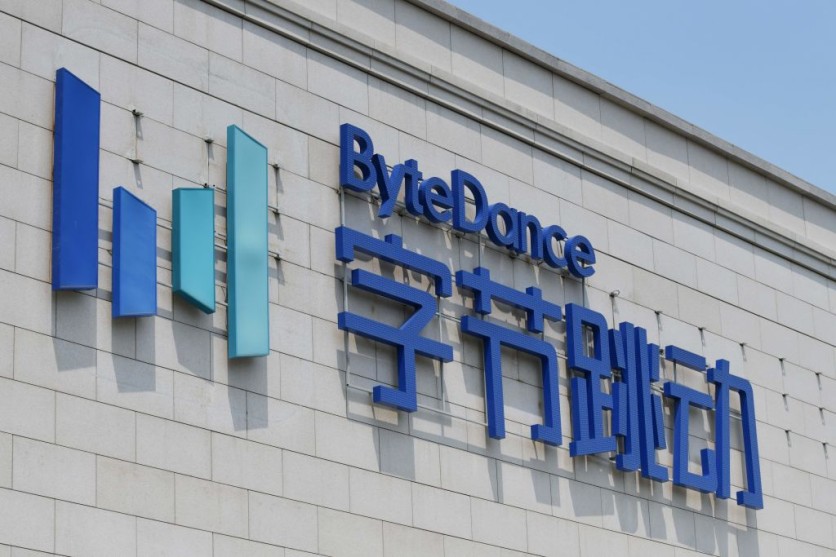ByteDance, the company behind social media giant TikTok, is facing a wake-up call from its own CEO, Liang Rubo, as he cautions against complacency and mediocrity amidst intensifying competition and rapidly evolving artificial intelligence (AI) trends (via Reuters).

Mediocrity Threatens ByteDance's Dominance
In a recent company-wide meeting, Liang Rubo expressed concerns about ByteDance's potential slide into mediocrity. The Beijing-based company's exponential growth has inadvertently led to inefficiencies, with Liang emphasizing a critical lack of sensitivity to emerging technologies.
Notably, the CEO revealed that discussions about OpenAI's GPT (Generative Pre-trained Transformer) technology only surfaced in ByteDance's tech reviews in 2023, although GPT-1 had been available since 2018.
ByteDance's Lag in the AI Race
Despite being renowned for its commanding recommendation engines powering apps like TikTok, Douyin, and Toutiao, ByteDance finds itself trailing in the AI race.
Liang highlighted the late start in developing AI foundation models, with other tech giants making strides between 2018 and 2021. Internal red tape and a six-month project timeline further hampered ByteDance's ability to keep pace with more agile startups.
Read Also : TikTok Wants Horizontal Videos Like YouTube, Incentivizes Creators for New Format Uploads
ByteDance's Recent AI Ventures
While grappling with internal challenges, ByteDance is simultaneously making bold moves in the AI space.
As Forbes reports, the company recently launched four generative AI apps - Cici AI, Coze, ChitChop, and BagelBell - catering to global users outside of China.
These apps, introduced in the last three months, leverage OpenAI's GPT technology via a Microsoft Azure license. ByteDance's foray into generative AI aligns with a broader industry trend where tech giants are vying for supremacy in this burgeoning domain.
Cici AI, ChitChop, and Coze are bot creation platforms allowing users to craft and share their chatbots, while BagelBell generates dynamic fictional stories.
Interestingly, ByteDance did not develop the underlying large language models for these apps, relying instead on OpenAI's GPT technology. Although not yet available in the EU, the apps have collectively amassed millions of downloads, with Cici leading the pack at over 10 million downloads on the Google Play store.
Privacy Concerns and Regulatory Scrutiny
While ByteDance expands its AI offerings, privacy concerns emerge. The apps' privacy policies indicate potential sharing of user information within the ByteDance corporate group, raising questions about data access by ByteDance employees in China.
TikTok said it spent $1.5 billion to persuade US lawmakers that the video-sharing app is safe. However, the Wall Street Journal reports that despite the app's claim that it has protected American data, employees say data is still occasionally shared with its China-based parent.
Regulatory scrutiny looms, with potential challenges regarding ByteDance's ability to adhere to global privacy standards.
Forbes notes that ByteDance's foray into generative AI mirrors its history of launching and testing various applications before establishing a foothold. While the generative AI apps are currently limited in availability, ByteDance's previous strategies point to potential global expansion based on market feedback.
Stay posted here at Tech Times.
Related Article : Meta, TikTok, Big Tech CEOs, Set to Defend Social Media Safety for Kids

![Apple Watch Series 10 [GPS 42mm]](https://d.techtimes.com/en/full/453899/apple-watch-series-10-gps-42mm.jpg?w=184&h=103&f=9fb3c2ea2db928c663d1d2eadbcb3e52)



